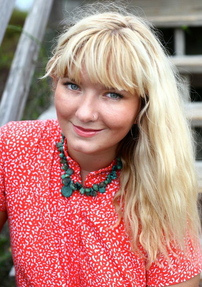 Today we are delighted to introduce Emily Pinto of Estrella de Mar. Founded in 2012 by Julie Savoie and Emily their story and brand mission are sure to inspire. Both Julie and Emily shared a passion for creating a socially and environmentally conscious fashion brand that would utilize the traditional skills of artisans in Guatemala. By creating more demand for the work of the artisans, Estrella de Mar aids in preserving their important cultural textile traditions. read our interview with Emily below. What inspired your brand mission?
Our mission is inspired by a love of handmade goods, traditional textiles and a commitment to ethical and sustainable production practices. The majority of our artisans in Guatemala are women. These women are survivors of the Guatemalan Civil War and face institutionalized discrimination and poverty. Despite these circumstances, they have resilient spirits and a deep love for their craft. By employing these artisans we can help them break the cycle of poverty and preserve their beautiful Mayan textile traditions. What have been the greatest challenges? Starting a business in a developing country is a challenge in itself. Occurrences such as roads being left un-passable due to lack of infrastructure make simple tasks more complicated. Going through the process of product design and developing a supply chain in another country means sometimes facing unexpected limitations and navigating an unfamiliar bureaucracy. These challenges have been valuable learning experiences though as Julie and I have had to become more flexible and more resourceful. What have been the greatest rewards? Being able to express my creativity, design a product and see it come to life is really wonderful. I also value the opportunity to advocate for ethical and sustainable business and production practices in the fashion industry. However the greatest reward is being able to give work to people that desperately need it. What life experiences have shaped who you are? When I was in college I did an internship with The Hemp Trading Company in London. It was inspiring to see a small business in the sustainable fashion industry from the inside. I saw that it is possible to have a positive effect on the world, even if you’re a small business. Living abroad that summer and having the opportunity to visit several countries was an enriching and enlightening experience. While people may come from very different places and cultures, we all have so much in common. When you can identify not just as a person from your own country, but as a member of the human family, then you want to do what you can to change systems that are unjust. Who do you admire and respect? My father is a small business-owner in my hometown of St. Augustine, Florida. He built his business from the ground up and is a true entrepreneur. I am in awe of his ingenuity and his work ethic. I would not have been able to contribute to Estrella de Mar as effectively without his example and advice. What advise do you have for aspiring Eco-Entrepreneurs? Julie and I are still on the road of making Estrella de Mar a success. I would encourage any aspiring eco-entrepreneurs to have perseverance because making your dreams a reality and changing the status quo is not an easy process. However, the world needs more people who will make sustainability a priority in their businesses and use business for good. Support Estrella de Mar and share their beautiful story and product. Photo credit: Jasmine Luoma The designers at Ricefield Collective push boundaries not only when it comes to their social enterprise model, but also in our passion for design. "We’re inspired by the landscape and the motifs of Ifugao, but are always striving for new interpretations and inspirations." Read our below interview with Meredith Ramirez Talusan, director of Ricefield Collective. What inspired your brand mission?
I was doing fieldwork among the indigenous people of Ifugao when I learned that many of them were abandoning their land because there were no jobs in their area. That was what inspired me to begin teaching them out to knit and reach out to knitwear designers and other friends to help form Ricefield Collective. What have been the greatest challenges? We're at a critical point in our growth as we transition from a Kickstarter project to a full-fledged company. There have been many challenges, but the biggest one probably is being able to reach as many people as possible because we don't have the kind of marketing and advertising budgets as big brands. What have been the greatest rewards? Being able to produce quality designs while helping people lead sustainable lives. There have been many individual stories about us helping our knitters but the one that has touched me most recently was that of Lina, who has five children and was seriously thinking of going to Hong Kong as a domestic worker so that she can send money to her family, even though the recruiters charge up to a year's salary to process her papers. Because of Ricefield, she is able to stay with her community and family, and that's something that makes us both proud and happy. What life experiences have shaped who you are? I grew up in the Philippines then moved to the United States at 15. I've been fortunate to receive the benefits of a university education after moving, and being able to use whatever skills I have for the benefit of others is extremely satisfying to me. Who do you admire and respect? So many people. RecentLy, I've been bowled over by two entrepreneurs. The first is Leila Janah from Samasource and the newly formed Sama Group, who uses lean startup methods to impact a large number of people. I've also been deeply impressed with Nathan Rothstein, the CEO of Project Repat, which recycles T-shirts into blankets. His transparency and candor as he discusses his business is so insightful and refreshing. Finally, there's Reese Fernandez-Ruiz of Rags2Riches, a company that works with craftspeople in the slums of Manila to make amazing handbags. What advise would you give aspiring Eco-Entrepreneurs of tomorrow? Strive to maintain your ideals, but prepare to compromise. For more information visit: http://ricefield.co Join the Ethical Fashion Academy and BEinSpain for an inspirational and intimate look at the art of Abigail Doan and designer Zaida Balmaseda this September 18th from 6:30-10 pm. Scroll below to explore the work of Abigail Doan and Balmaseda. Click here to RSVP Abigail Doan Environmental fiber artist and writer, Abigail Doan, currently divides her time between NYC, Eastern Europe, and Tuscany. Her work as a fiber artist offers a unique view into the materials, methods, and life cycle of handmade textiles, slow fashion garments, and related environmental issues. Abigail's recycled fiber forms and land-based installation work has been featured on Art Cloth Text, Craftzine, LabforCulture, Landviews, Treehugger, Trendtablet – as well as in the New York Times, HAND/EYE Magazine, Surface Design Journal, The Natural Resource's Defense Council's OnEarth and the books, Fiber Art Today and Green Guide for Artists. She is an internationally exhibited artist and works to promote the preservation of textiles, natural resources, and cultural handcraft techniques globally. Her most recent curatorial projects include Fete for the Senses as reviewed on Trendtablet, (Re)Fashioning Fiber in NYC, and Fashioning Self and the Environment at the Textile Arts Center in Brooklyn. Residencies include The LAND/an art site in rural New Mexico as well as symposia and environmental art exhibitions with the United Nations Environment Programme and in museums and galleries internationally. A summa cum laude graduate of and former adjunct professor at Purchase College, State University of New York, Abigail also attended Princeton University and studied at The Center for Book Arts in NYC. She has organized art, textile, and design events globally and keeps visual journals and research archives at Lost in Fiber and Toolshedding. Abigail's website Zaida Adriana Goveo Balmaseda Born in Bayamón, Puerto Rico to Cuban and Puerto Rican parents, Zaida grew up in the countryside surrounded by horses and mango trees. Her mother and grandmother are master craftswomen who provided a household full of creativity where she developed an effervescent interest in the Arts. Zaida graduated from the Fashion Institute of Technology in 2011, after spending two years studying at POLIMODA in Florence, and the Politecnico di Milano, in Milan. She holds a BFA in International Fashion Design: Knitwear Specialization. Committed to ethical/sustainable practices, throughout the design/production process, Goveo Balmaseda worked with Auralis' and STUDY NY. A believer in quality vs. quantity, interested in research, and in exploring the realm between art and fashion. Zaida's mission is to emphasize the meaningful results we can obtain while using alternative methods to create unconventional, clothes/art that are beautiful and fair to everyone. She feels that going the extra mile can bring out surprising ideas and creative solutions to an industry that needs a new set of values. Zaida’s work has been exhibited at the MMXIproject (Tribeca Grand Hotel, NYC), Mittelmoda in Gorizia, Italy, the Ethical Fashion Show in Paris, France, The Green Fashion Competition during Amsterdam Fashion Week, and Fete for The Senses in NYC. She is about to begin an Artist Residency program at the Textile Arts Center in New York. Zaida's website. Carmen Artigas Carmen has worked in the fashion for nearly 20 years, most recently in sustainable design, consulting, and sourcing. Working in India in 1999 with artisan communities reviving endangered crafts and later developing a yoga line using certified organic cotton and natural dyes exposed her to the challenges of developing sustainable products. She currently teaches Ethical Fashion at the Fashion Institute of Technology and Parsons New School of Design in New York, and she dedicates her time to reevaluating the human and environmental cost of products, advocating for craftsmanship, and redefining “made-in” and “made-by”. about.me/carmenartigas A 15-year veteran of the publishing industry, Jasmin Malik Chua is the managing editor of Ecouterre.com, the leading website on sustainability and innovation in fashion. She has an M.S. in biomedical journalism from New York University, where she was a founding fellow of the literary reportage program, and a B.S. in animal biology from the National University of Singapore. In addition to stories published in online and print publications like Alive, Inhabitat,Plenty, The Huffington Post, and Sprig, Chua has been quoted as a green expert by such publications and outlets as The New York Times, BBC Radio, BusinessWeek, Newsweek, and People. www.ecouterre.com Francisca Pineda is the founder of the Ethical Fashion Academy, a community focused initiative that organizes eco-fashion events in New York City and a yearly hands-on Eco-Fashion Workshop in Costa Rica. She is the creative director for BHAVA, a luxury artisan-made cruelty-free footwear collection: conscious & cool with a dose of ingénue charm.
Francisca is also passionate about sharing what she has learned throughout her 15 year career designing apparel and accessories with the next generation of designers and teaches design through the Fashion Portfolio Academy, an online design education platform. Photo: Courtesy of Tan Wei Ming
Ethnic Cultures and Ethical Fashion While more and more popular in the US, ethical fashion is still pretty unknown in a lot of countries. Many people believe that this business model is unrealistic as the only possible bottom line is profit. It’s sad because the rest of the world represents a huge potential for supporters of ethical fashion. It will take time for many countries to get used to the idea of ethical business. And certainly customers will not buy something expensive just because it will help somebody. That’s why the responsibility of ethical products is to become popular and available to the general public. For years women in less developed countries have been influenced by western style, and have tried to look "western". The traditional folk costumes were neglected and looked down upon as something outdated. What designers can do is create a new interpretation, an eclectic mix of traditional costume that is modern and comfortable. Clothing that brings freshness and starts an interest in the culture. This is also a way for ethical fashion to rediscover ethnic cultures and recognize diversity. The good thing is that as a fashion designer you don’t have to travel to a remote country to find ethnic artisans. There are a plenty of them among immigrant and refugee women in your country. By engaging these women and providing opportunities to your own local community you have a chance to improve the lives of thousands of marginalized women. Employment at ethical businesses provides obvious benefits to marginalized women: a chance to start a new life, safe working conditions, escape from poverty, healing through creative work, access to community support and mentors. More importantly though, these women will see that it’s possible to run a profitable business that values creating social good. Some women might even want to learn to start and operate an ethical business themselves using social entrepreneurship to solve problems in their community. Creating communities of successful immigrant women in your country might really help women from remote countries. Check out these Vietnamese and Somalian communities who raise awareness about problems in their home countries and solve them. The work of such communities is really important because they also improve the image of people from their home country. Successful minority and immigrant women are also a source of inspiration for millions of young women who are struggling to figure out their identity. As I live abroad I constantly hear negative comments about Russian women. Some time ago I stumbled upon this article where Russia was ranked second after China among countries who don't deal with the problem of human trafficking. The reason why it was happening is a horrible economic situation that women were in. And that also hurt the national identity of millions of women. All these women need is hope and a role model to look up to - a woman who is accomplished thanks to social entrepreneurship which is what ethical fashion is about. Galina Belyaeva, creator of "Inspiration and Resources for Immigrant women" Giardinoblu is an independent lab that works with organic and eco materials to create jewelry that is designed and handmade in Italy. I recently found this designer's work and am so excited to introduce this beautiful and exquisite jewelry to you.
Francesca Mancini is founder of Giardinoblu lab. "I think that in this particular moment we’re called to re-discover the amazing beauty inside usual daily things. If you want to meet the magic, you don't have to go far. Just look through the eyes of the traveler the most common things of everyday." Through experimentation and exploring new techniques, Giardinoblu borders between art and contemporary jewelry. Organic and recycling materials, take on a new and unexpected identity. A littIe about Francesca's process: "I opened the pantry, took the rice pack to cook my breakfast (yes, my morning breakfast includes rice), and a part of the box was transparent, I could see inside. I was still half asleep and I think this helped me to imagine different scenarios for the extremely elegant shapes." Giardinoblu thinks that “Ethical Fashion” is not the most appropriate way to call this movement, the goal is to create beauty for others, while respecting people and planet. We hope that even more designers are inspired to work towards the various aspects of ethics and consciousness in the world of fashion. We think you'll agree that the pieces are exquisite, enjoy the photos and let us know which are your favorites! site: www.giardinoblu.com blog: http://giardinoblublog.com/ twitter: https://twitter.com/giardinoblu facebook: https://www.facebook.com/giardinoblu Relax with shopping: http://www.etsy.com/shop/Giardinoblu 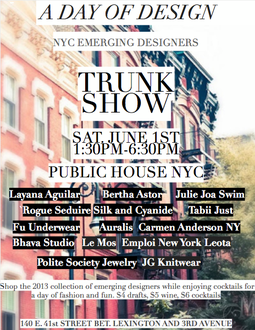 New York City June 1st 2013 Local emerging designers will be exhibiting their latest Spring/Summer 2013 collections at a Day of Design Trunk Show to be held at the Public House located on 140 East 41st Street from 1:30 to 6:30 pm. Support local NYC based designers such as women's apparel brands, Auralis, Project Runway's Layana Aguilar and Tabii Just. The diverse line up includes jewlery line: Polite Society Jewlery , eco-luxe shoe brand: Bhava Studio, and swimwear line: Julie Joa Swim. Complete Brand Line up: Layana Aguilar Tabii Just Auralis Bhava Leota JG Knitwear Polite Society Jewelry Silk and Cyanide Le Mos Carmen Anderson NY Rogue Sedire Bertha Alicia Astor for Obradoiro de Moda, Inc RSVP HERE Long story short, the Ethical Fashion Academy has been asked to co-host a Slow Fashion Event this coming Friday May 3rd from 6-8:30 in Williamsburg, NY at one of NY's coolest Eco-Shops GGrippo. Of course I jumped on it "Yes"! No surprises there, as I think we all know by now what a sucker I am for this cause. I am super excited about this particular event because I love the "one world" theme of connecting slow fashion designers from Bein Spain, Ecoology and KAMELEONIK, with some of our local NYC eco-fashion superstars, Sass Brown, Titiana Inglis, Carmen Artigas, Jasmin Malik, Organic by John Patrick, and Rachel Kibbe. We'll be discussing these topics and more: What is Slow Fashion, and what inspires you about the movement. Advice for aspiring slow fashion designers. What is happening in the local and international Slow Fashion movement, is it growing , why? How can we continue to grow and educate the community? What is the future of slow fashion? Our NYC panelists need no introduction, but here is a little about each: Sass Brown is Acting Assistant Dean for the School of Art and Design at the Fashion Institute of Technology, New York, and formally the Resident Director for FIT’s study abroad program in Florence, Italy. Originally from London, England, Sass established herself as a designer with her own signature collection selling in the UK and across Canada. As a researcher, writer and blogger, her area of expertise is eco fashion, in all of its different expressions, from slow design and heritage craft skills to recycle, reuse and new business models. She has published papers, spoken and taught workshops around the world on the topic of sustainable design. She has worked and volunteered in women’s cooperatives and educational institutions in Brazil, Peru, Columbia, Sri Lanka, Italy, France, US, Canada and the UK. Her book, Eco Fashion, published by Laurence King, has been translated into Italian as well as Spanish, and showcases some of the best expressions of eco fashion from around the world. Her passion is communicating and promoting the best in eco fashion design, which she does through a multitude of media, most notably her book; Eco Fashion, her website www.ecofashiontalk.com and her journalism. Titania Inglis's womenswear line embodies her philosophy of lush minimalism in both its aesthetic and its core principles. Each collection is draped by the designer in her Brooklyn studio and sewn in limited quantities in small New York factories, and explores the potential of hand techniques and thoughtfully sourced materials to express a modern aesthetic. Titania launched her line in 2009 and was honored with the 2012 Ecco Domani Fashion Foundation award in sustainable design. www.titaniainglis.com Carmen Artigas Dean of Ethical Fashion at the Centre for Social Innovation Carmen has worked in fashion for nearly 20 years, most recently in sustainable design, consulting, and sourcing. Working in India in 1999 with artisan communities reviving endangered crafts and later developing a yoga line using certified organic cotton and natural dyes exposed her to the challenges of developing sustainable products. She currently teaches Ethical Fashion at the Fashion Institute of Technology and Parsons New School of Design in New York, and she dedicates her time to reevaluating the human and environmental cost of products, advocating for craftsmanship, and redefining “made-in” and “made-by”. about.me/carmenartigas A 15-year veteran of the publishing industry, Jasmin Malik Chua is the managing editor of Ecouterre.com, the leading website on sustainability and innovation in fashion. She has an M.S. in biomedical journalism from New York University, where she was a founding fellow of the literary reportage program, and a B.S. in animal biology from the National University of Singapore. In addition to stories published in online and print publications like Alive, Inhabitat,Plenty, The Huffington Post, and Sprig, Chua has been quoted as a green expert by such publications and outlets as The New York Times, BBC Radio, BusinessWeek, Newsweek, and People. www.ecouterre.com Rachel Kibbe is founder of HELPSY, on online boutique and editorial site for high-end ethical fashion. Recently launched, HELPSY intends to serve as a platform for change in the fashion industry— offering cool, high-end, designer fashion that is also ethically made. She believes a more ethical fashion industry can come without sacrifice to visual appeal. Originally from Cleveland, Ohio Rachel is now based in Greenpoint, Brooklyn. She has a degree in Fashion Design from Parsons and a B.A. in Creative writing and Spanish from Emory University. During her time at Parsons she apprenticed under labels such as Alexander Wang and Jack Spade. Before founding HELPSY, Rachel’s interest in fashion came to fully bloom when she lived in Spain for three years and wrote for a magazine about health and fashion. After moving to New York to attend Parsons, model Agyness Deyn brought Rachel on to write about fashion for her website, NAAG. She later took the role of Contributing Editor to the Byrne notice. The HELPSY online boutique was just launched in March and has been featured in Daily Candy, Peppermint Mag, and FashInvest. www.shopHELPSY.com Organic by John Patrick leads by example, out of necessity. From its first envisioned moments as a brand, there were simply no others like it. With an international reach and influence, John Patrick's award-winning design and reigning focus on ethical production has long-garnered the respect and eye of both consumers and companies alike, with a genuine commitment to stand-out quality and forward-thinking style. As a recognized member of the CDFA, the mindfulness and accomplishments of Organic by John Patrick has pioneered a global mission for implementing change in an industry that still has a long way to go. With an authenticity and sincerity from its origin, Organic by John Patrick continues to be an authority in the sustainable fashion movement. Through Organic, John Patrick has begun to ignite an awakened social awareness, as well as inspire creative thought and mindfulness in others. www.organicbyjohnpatrick.com Ecoology’s collections are made for fashion loving sensitive women who know who they are and how they fit in this world. We want to feel good and feminine and this is the message we transmit in our designs. We like to wear clothes that are different, which is why we decided to make very few garments of each model. Both the fabric and the exclusiveness will make you feel you are wearing something very special. Ecoology is green, digital and design. We focus on selective distribution and online media for our sales and to publicize our business worldwide. We produce in Barcelona, so we control what we do and encourage textile work in our area. Organic fabrics are more expensive but do not want to pay more for it, just want you to enjoy more quality at the best price. KAMELEONIK Espadrilles designed in the Basque Country handmade in Spain. Aimed at a clientele with a style and personality all their own,Kameleonik blends quality, tradition, sustainability, innovation, and elegance into their creations. Four are the cardinal points on which it turns the philosophy of our brand: sustainability, quality, innovation and elegance. Sustainability understood as respect by the social and environmental aspects that always they must guide to the companies with conscience. For more information about the Be in Fashion Spain brands click here. 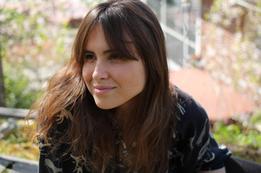 Francisca Pineda is the founder of the Ethical Fashion Academy, a community focused initiative that organizes eco-fashion events in New York City and a yearly hands-on Eco-Fashion Workshop in Costa Rica. She is the creative director for BHAVA, a luxury artisan-made cruelty-free footwear collection: conscious & cool with a dose of ingénue charm. Francisca is passionate about sharing what she has learned throughout her 15 year career designing apparel and accessories with the next generation of designers and teaches design through the Fashion Portfolio Academy, an online design education platform. 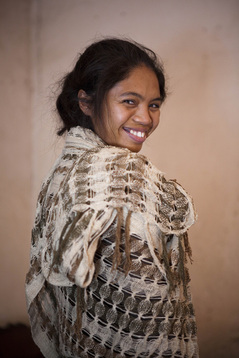 I recently had the pleasure of meeting Natalie Mundy who introduced me to the beautiful hand spun silk scarves made by Federation SAHALANDY. Located in a tiny mountain town in Madagascar, Sandrandahy, is made up of 7 silk/cotton weaving co-operatives and associations. Natalie first started working with Sahalandy through a volunteer project with the UN. However when her official duties in Madagascar were complete, her life had changed and although back in the US she has continued her work helping to spread the word about this amazing project of hope and empowerment. Each scarf is made of naturally dyed, hand-spun raw silk. The natural colors are subtle and sophisticated, and the unique weavings make each piece true one of a kind luxury. Meet Natalie and experience the beauty of the Sahalandy collection this holiday season at the Columbus Circle Holiday Market from Nov.28-Dec.24, daily from 10-8 pm. If you're interested in learning more about Sahalandy or volunteering with Natalie, contact [email protected] www.sahalandy.org 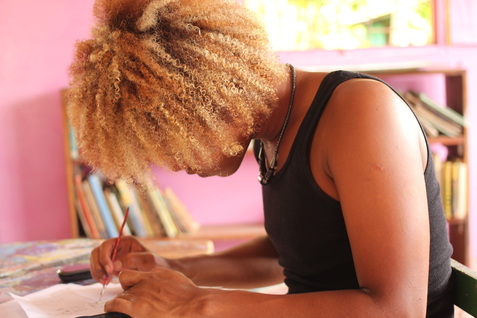 Future designer in Puerto Viejo's public school perfects his sketching skills. It's Thanksgiving day, probably my favorite holiday, not just because I love pumpkin pie but because it's a time to remember everything we are grateful for. There is such contagious joy in those who emanate gratitude, just think how good you felt last time someone thanked you, and how small that favor felt in return for that beaming smile. Today I can't help but recall one of my favorite moments in our recent trip to Costa Rica. The caribbean side of Costa Rica is known for the most beautiful beaches and exotic flora and fauna, however, its public schools are neglected. I learned this when I met Eva Percich, an Italian artist who lives in Puerto Viejo and has single handedly made it her mission to provide an art curriculum in the local school. Can you image no art class in elementary school? Within a few years Eva has achieved her goal and the little school now has a small art classroom. The local kids enjoy it so much that even on a school holiday they still show up and Eva is there to open the door and hold an unofficial session. I met Eva earlier this year and she had asked me if I would give the students a fashion design class just for fun. When I returned in October for our workshop I followed up with Eva and we spent an amazing day introducing a small group of students to the fashion design process. I explained that a designer's first step is to find their inspiration, develop a mood board and decide their color palette. From there each student was to design a garment or accessory. This was a group of ages from 10-16 but all enjoyed the day. Eva has been working to help the students develop their talents and I have also posted some photos of their paintings. She told me that many had offered to volunteer to teach a class there but that I was the first who truly followed up. In all truth, with the workshop and all the traveling, I too was close to canceling, we can all think of million reasons to postone a plan with a friend, but I am so glad I didn't. Visiting the school was such an eye opening experience for me. I had never thought that such a beautiful place with visitors from all over the world does not trickle down any of its wealth to its public schools. We don't need to wait for a tragedy to make a difference, chances are if you look around there is someone who would love a little care and recognition, wether a 5 or 75 year old, you'd be surprised how effective a simple gesture can be. Scroll down to enjoy photos of that day and some paintings by the young artists. |
Archives
November 2014
join us! Categories
All
|

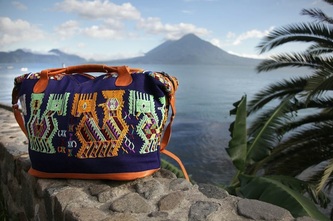
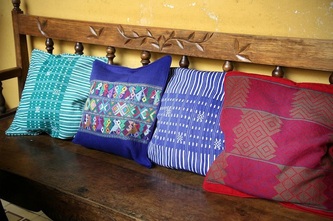
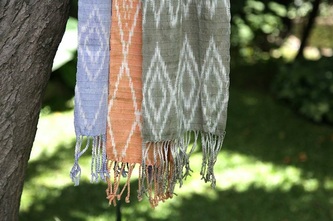
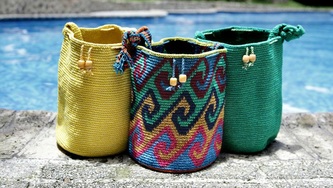
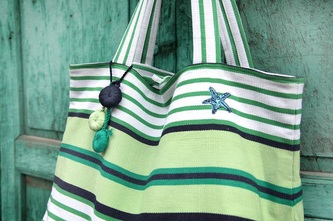
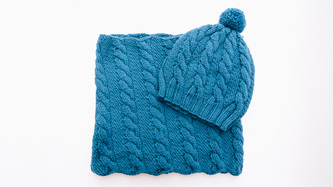
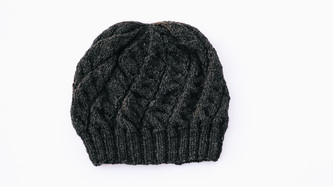
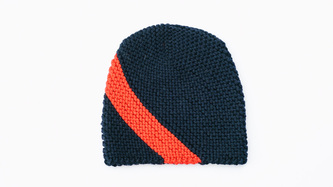
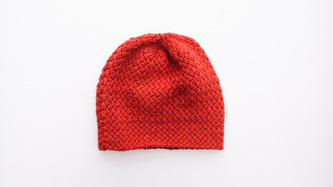
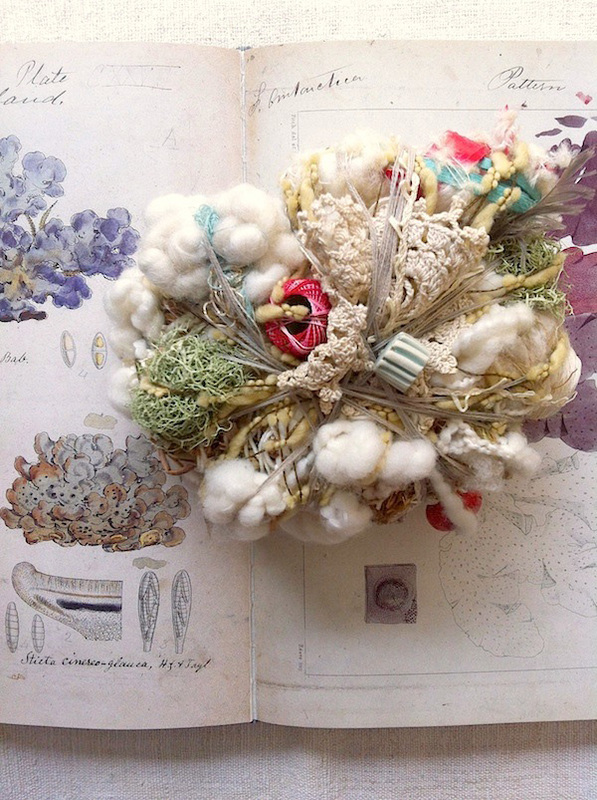
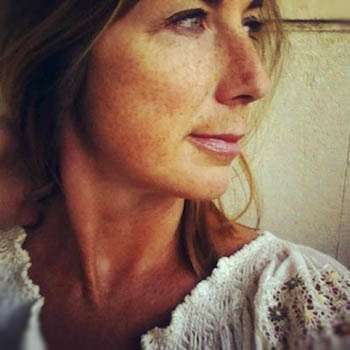

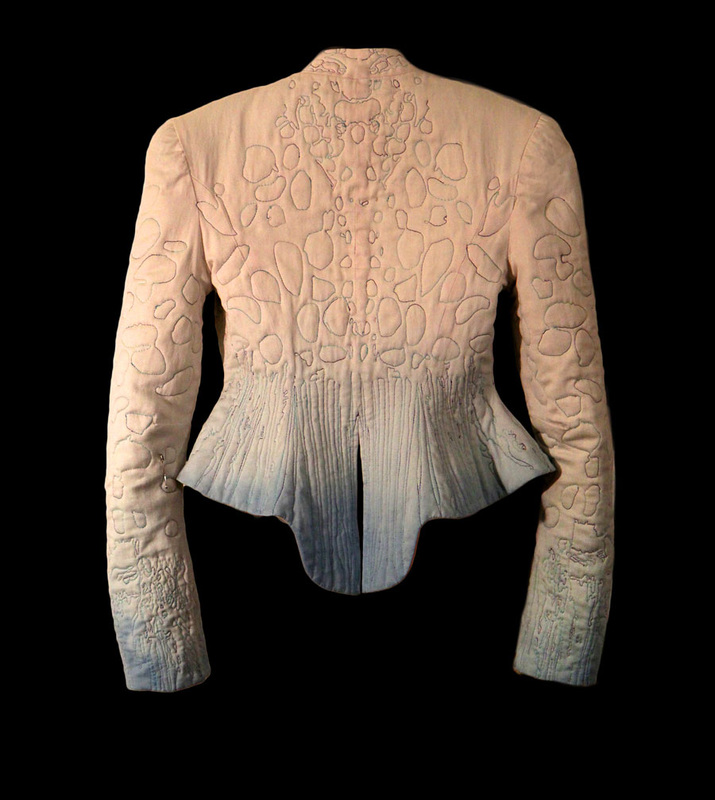
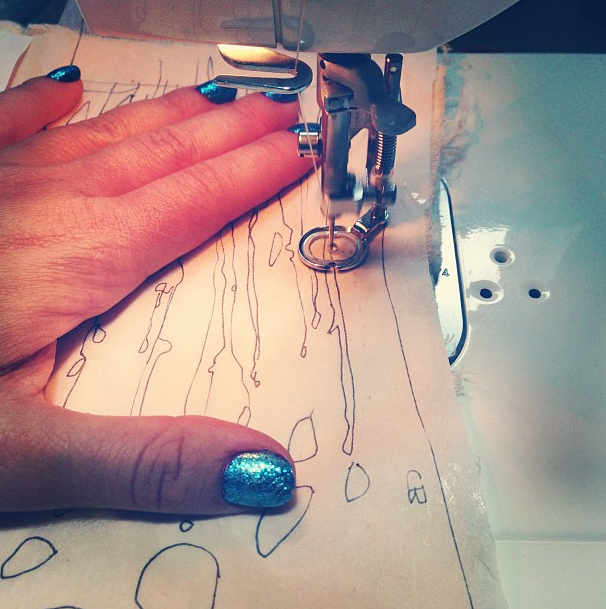
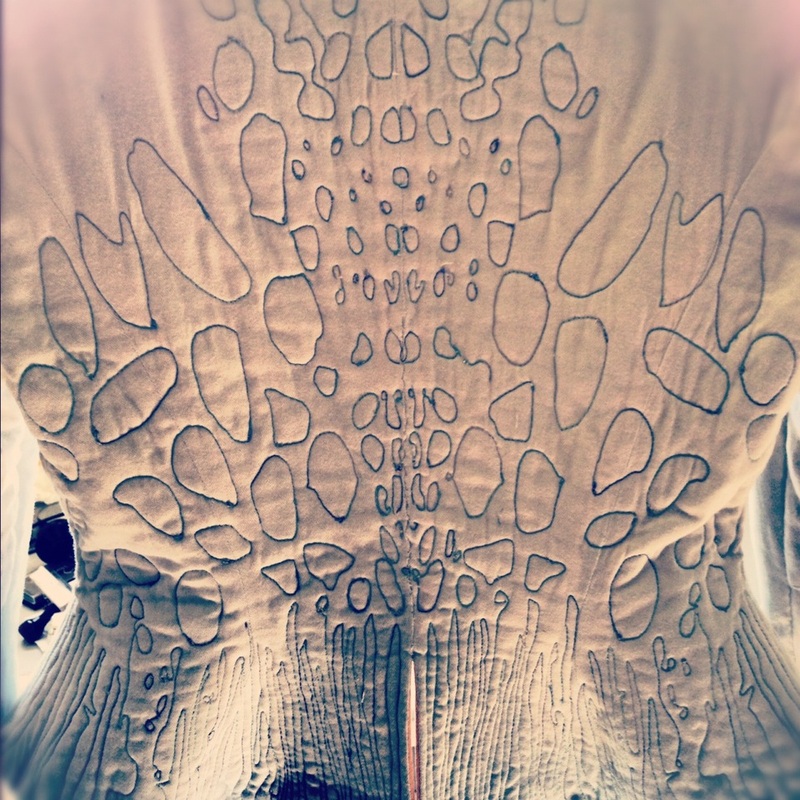
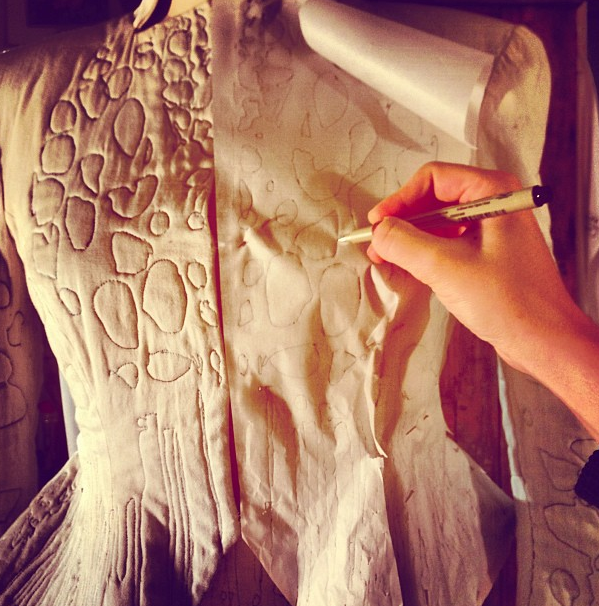
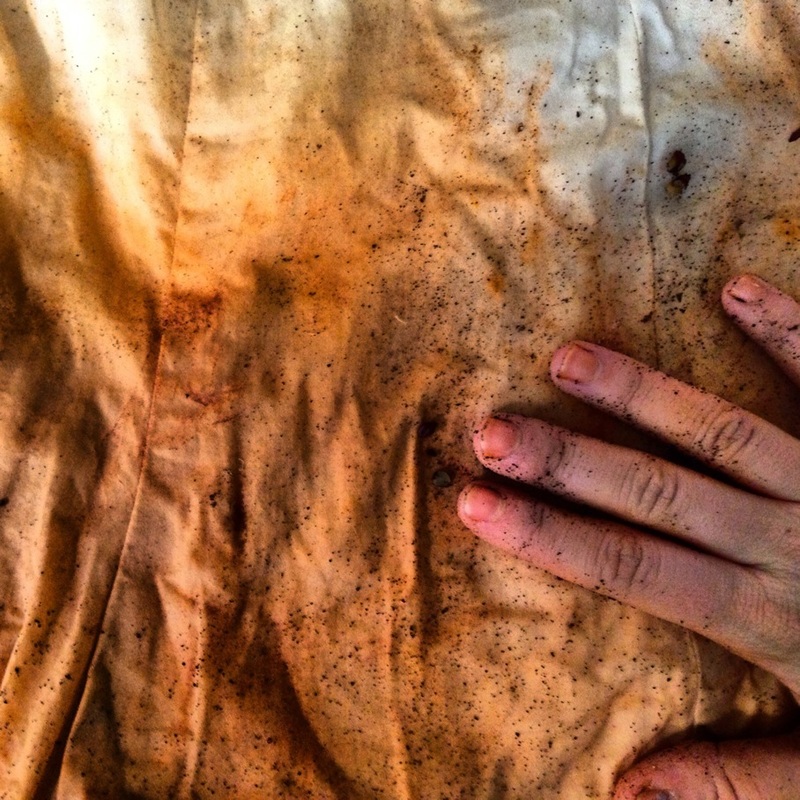
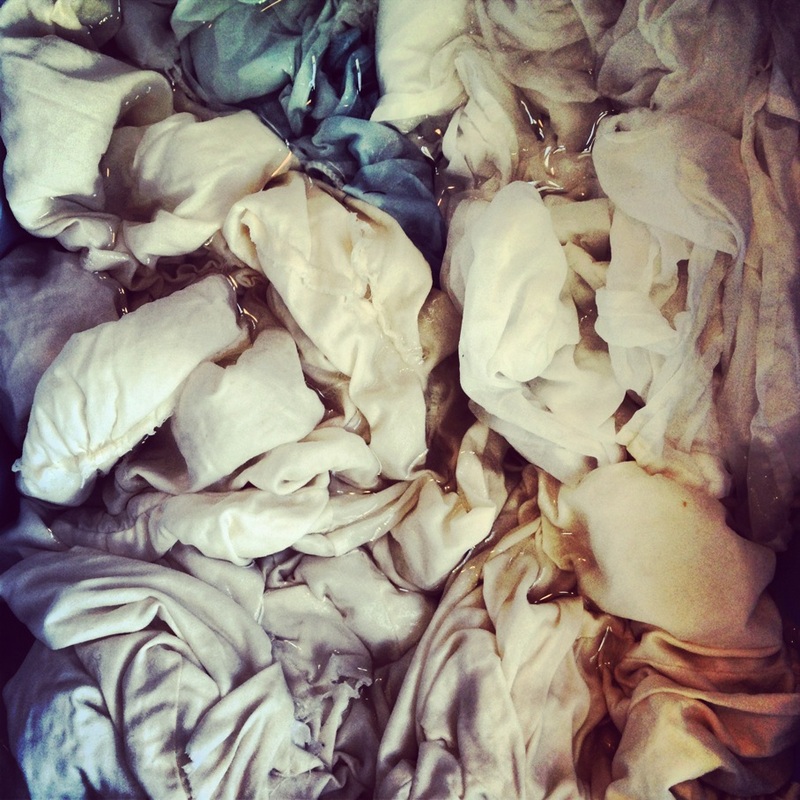
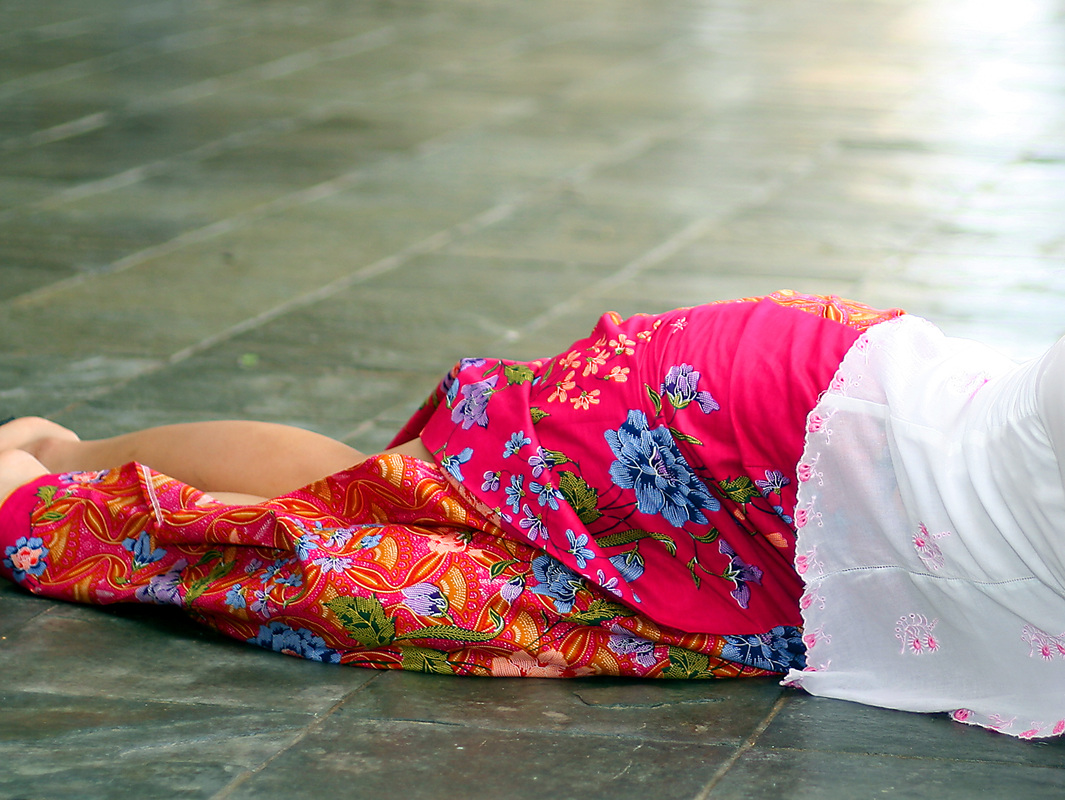
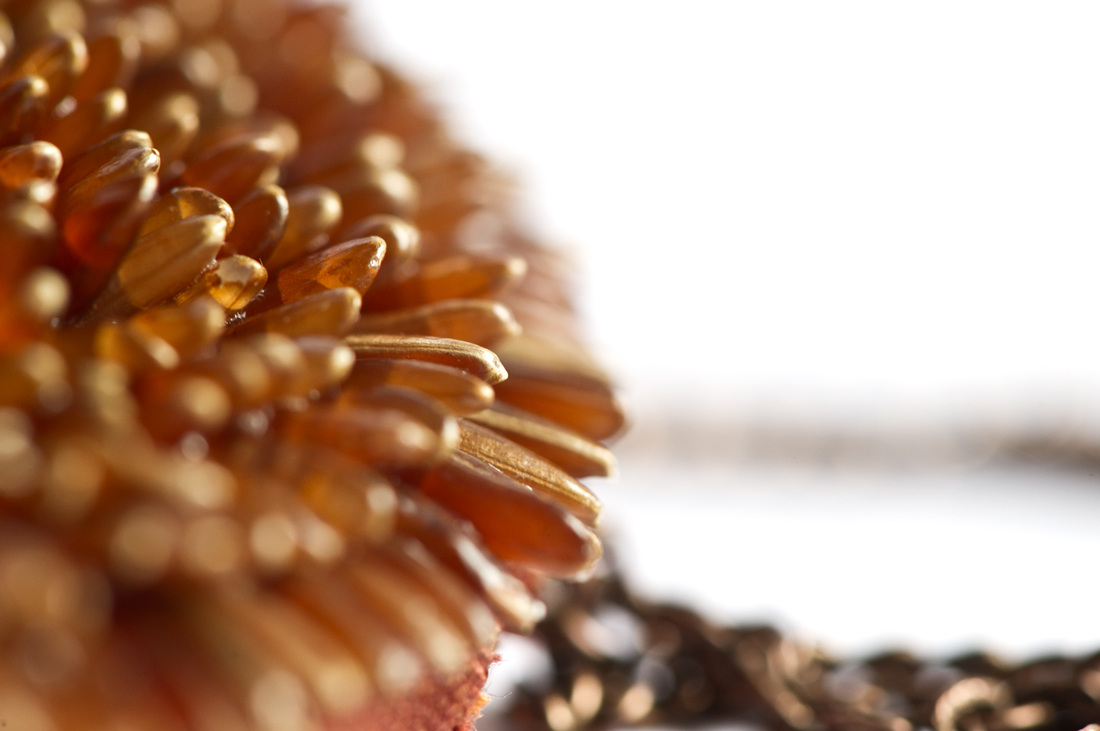
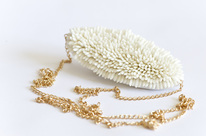
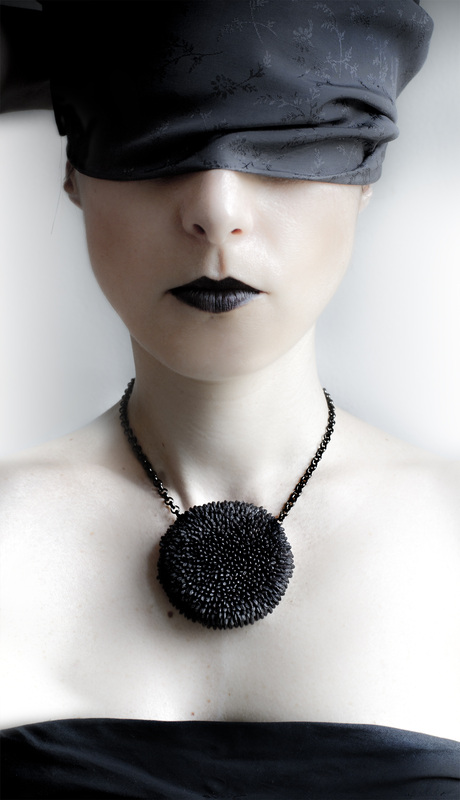
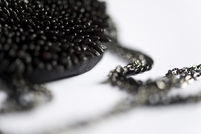
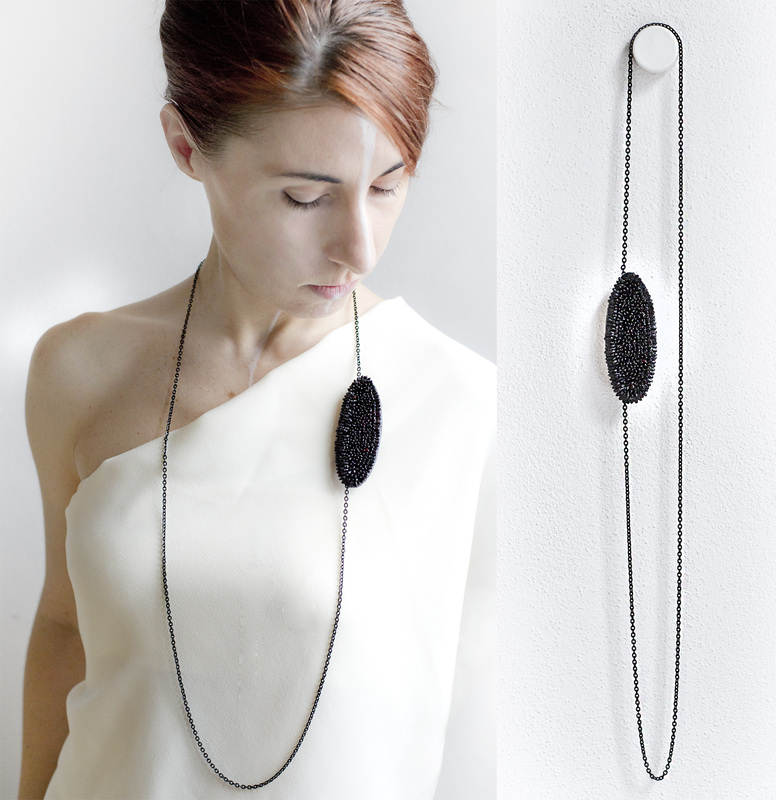
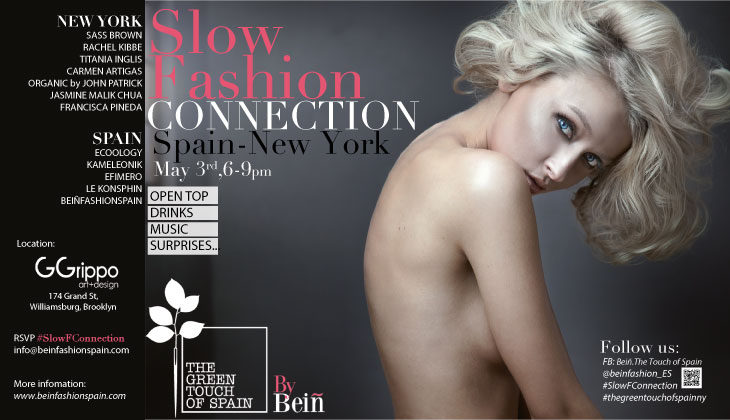
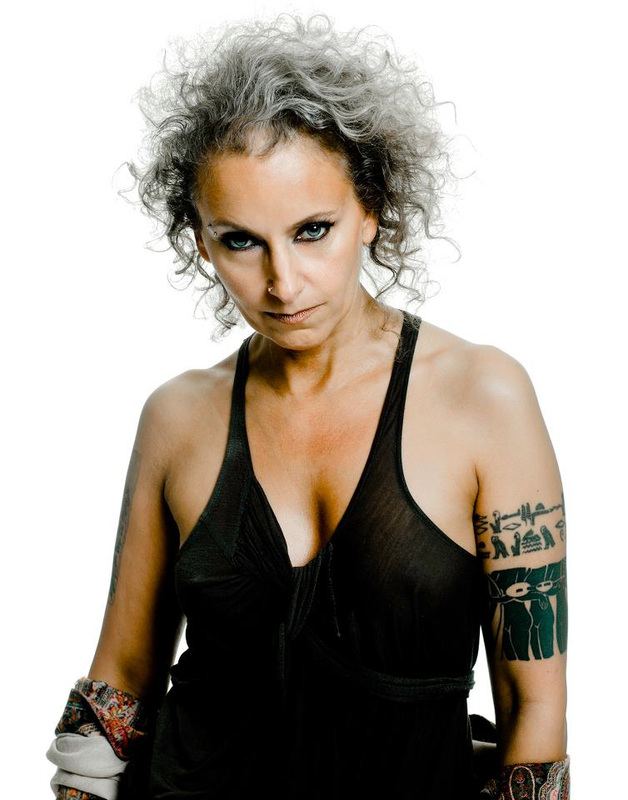




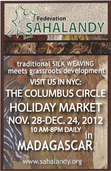
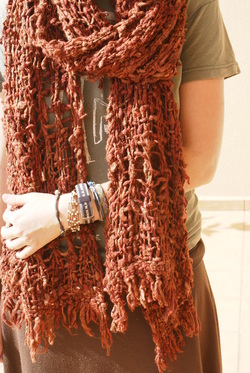
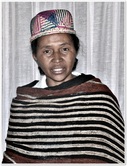
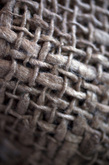


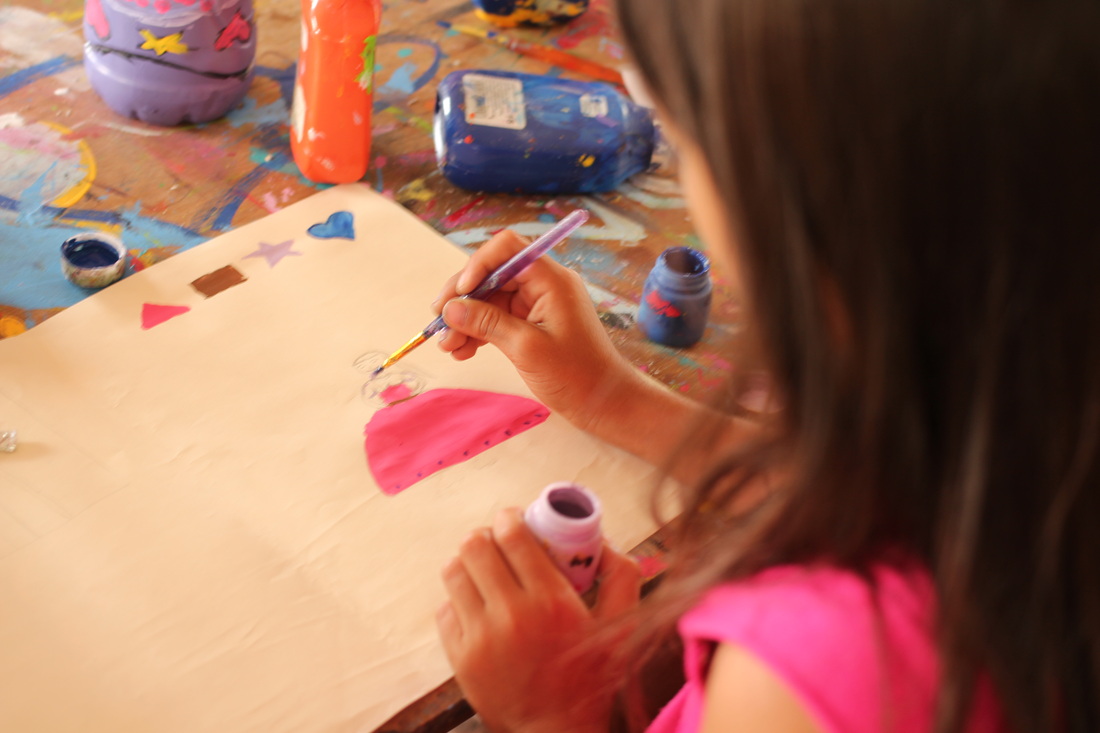
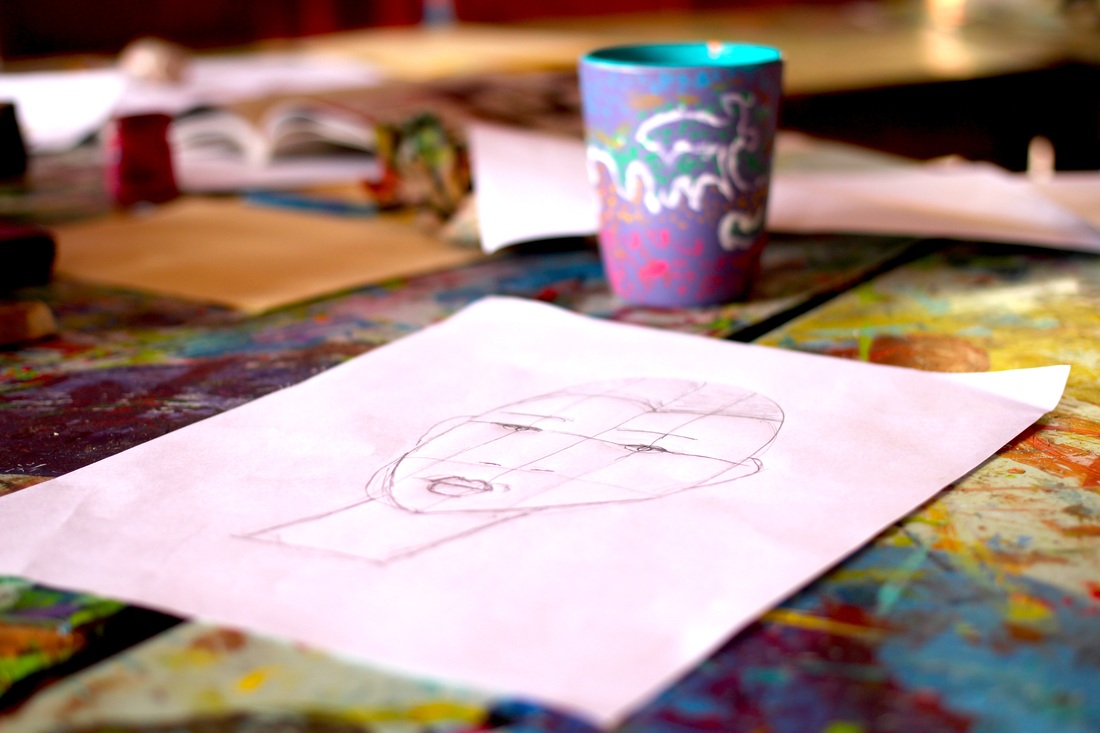
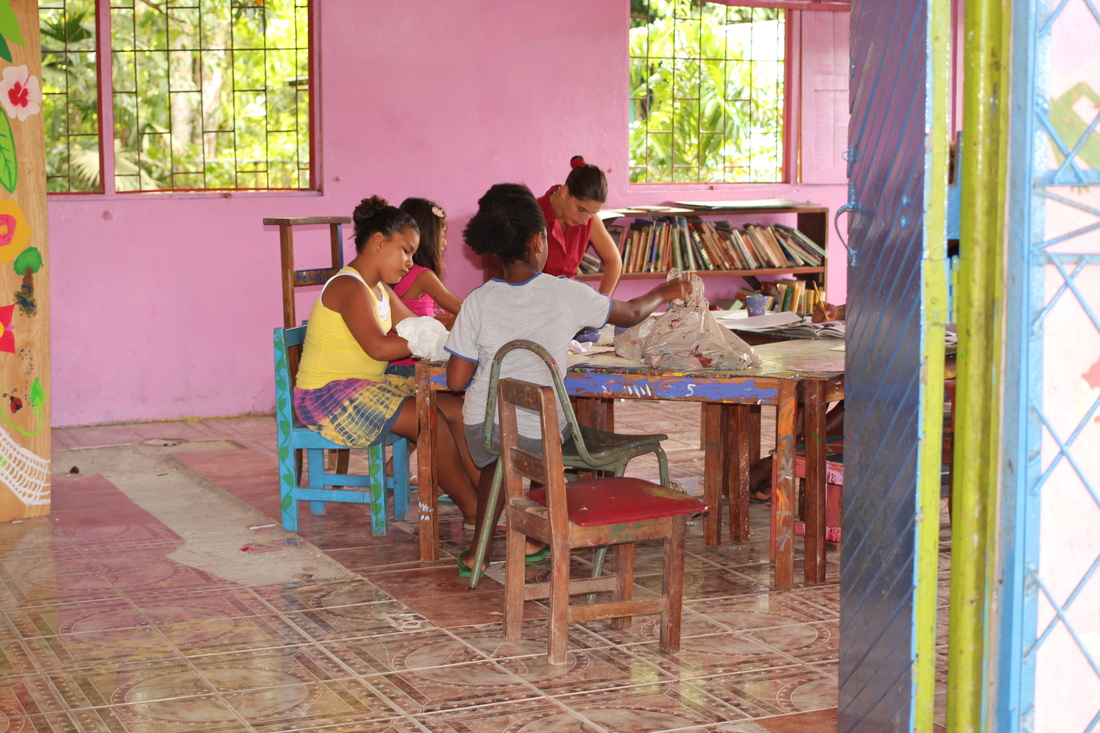
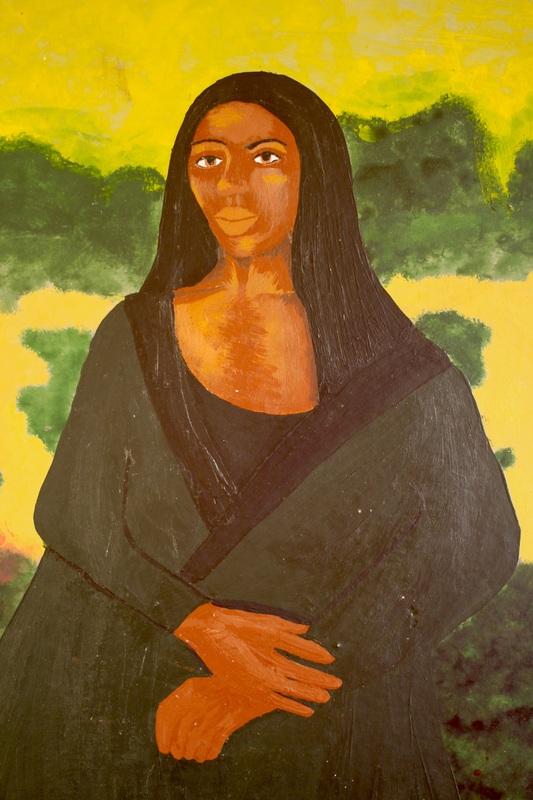
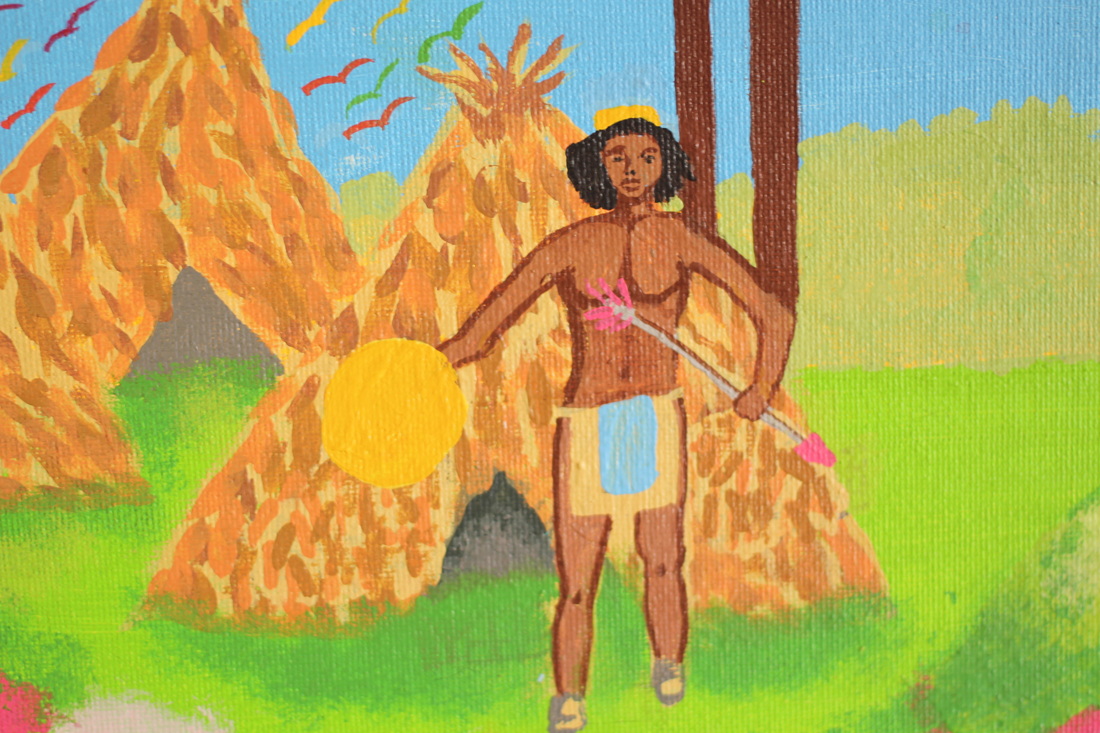
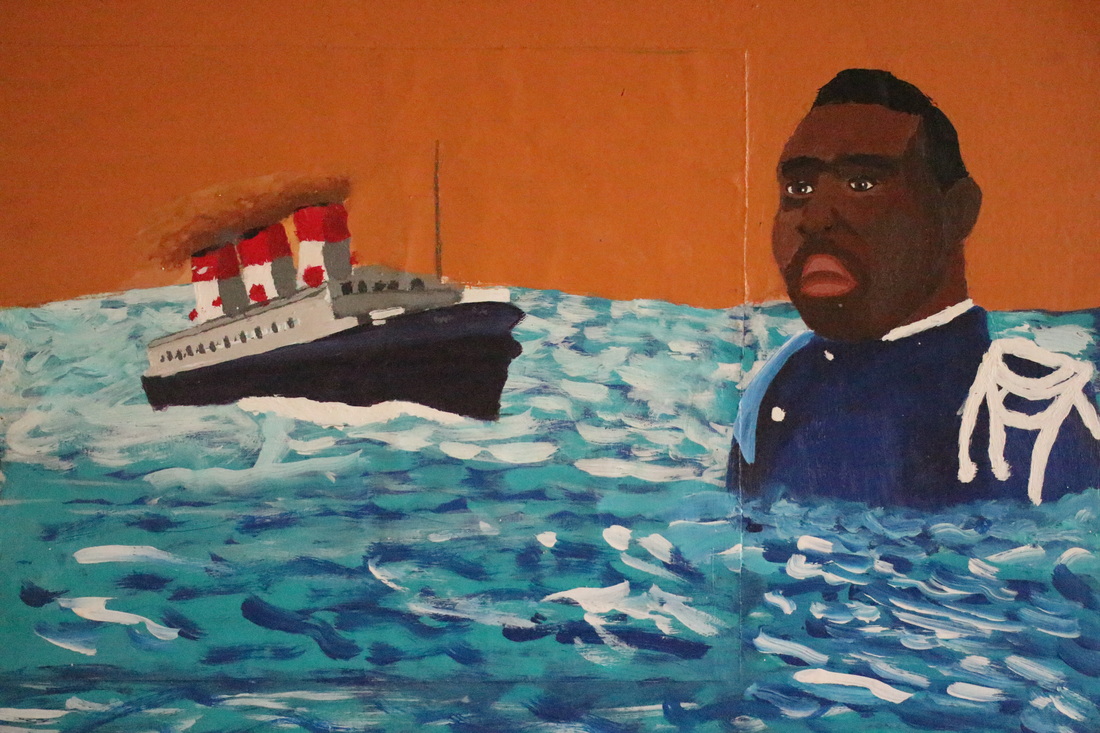

 RSS Feed
RSS Feed
